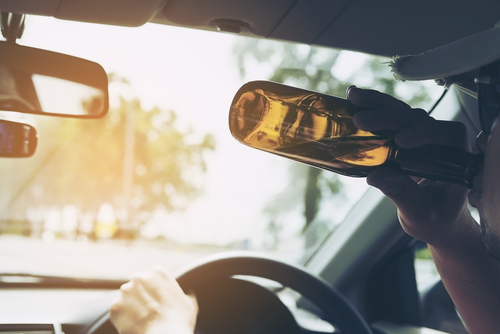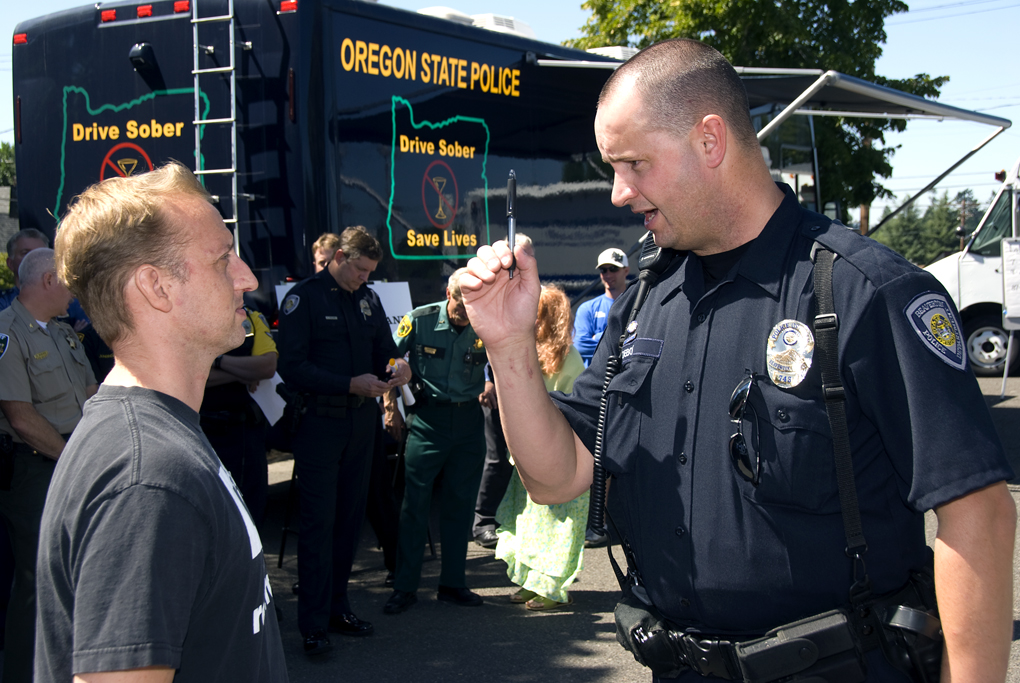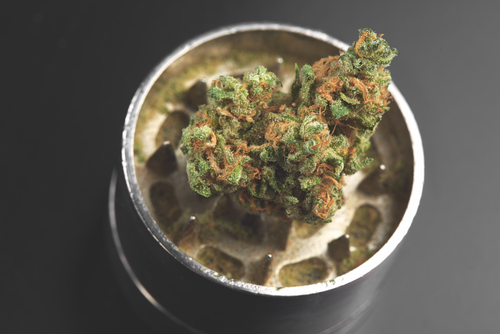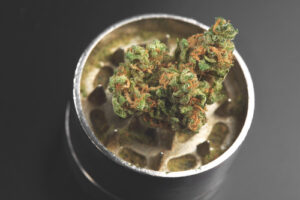
It is important to understand that no company or organization is required by law to allow you to complete community service within their walls. There are several organizations, however, that welcome those volunteers who may be completing service that is more ordered than voluntary.
Here are the basics of finding and completing your community service.
Getting Started
In all but the fewest cases, your service will have to be completed at a nonprofit organization that is registered with the state of Florida. You will also have to get the location approved by the court or your probation officer before your first day. Your attorney or probation officer can give you a detailed list of regulations when it comes to community service.
Making Contact
Do not jump into a conversation with a volunteer coordinator telling them that you have been ordered to complete service. Instead, simply tell them that you would like to volunteer with their agency and that you will need documents completed with regards to the amount of hours you complete.
If you are asked to fill out any forms or are asked why you want to volunteer, it is at that time that you should admit to having to complete community service. You should also have a great answer ready as to why you chose that particular organization.
Do Not Wait
Do not wait until the last minute to find an opportunity. Call several weeks in advance to secure a position. Waiting for any length of time could mean that all of the volunteer positions at your chosen organization have been taken.
You Can Get Fired
Keep in mind that you can be let go from a volunteer position even though you aren’t getting paid. Be on your best behavior, and treat the opportunity as you would a paying job. If you are let go, you will have to report that information to the court and may find yourself facing sanctions.
If you have been ordered to complete community service, be sure that you are 100% clear on the rules and regulations of the program. If you have any questions about volunteering, speak to your attorney or probation officer immediately. Community service benefits you and the organization you volunteer with. Approach it with the right attitude and you may be surprised at what you gain.


 You went out with some friends after work and enjoyed a couple adult beverages. You thought you were okay to drive home, but you have found yourself pulled over and being told that the officer suspects you of driving under the influence. Your stomach sinks as the handcuffs are placed around your wrists and you are taken to the station.
You went out with some friends after work and enjoyed a couple adult beverages. You thought you were okay to drive home, but you have found yourself pulled over and being told that the officer suspects you of driving under the influence. Your stomach sinks as the handcuffs are placed around your wrists and you are taken to the station. You are pulled over and asked to perform a field sobriety test. You fail. But…wait! You really haven’t been drinking. Is it possible to fail a
You are pulled over and asked to perform a field sobriety test. You fail. But…wait! You really haven’t been drinking. Is it possible to fail a 


 In Florida,
In Florida, .jpg) Thanks to Florida’s
Thanks to Florida’s
 You may have missed it if you weren’t watching closely. Late last year, just before Christmas rolled around, the Arizona Court of Appeals ruled that any person with a prescription for medical cannabis who was
You may have missed it if you weren’t watching closely. Late last year, just before Christmas rolled around, the Arizona Court of Appeals ruled that any person with a prescription for medical cannabis who was 
 Most people are aware that a conviction of driving under the influence can bring hefty penalties. A person convicted of drunk driving faces jail time, hefty fines and court costs. What many people don’t consider are all of the consequences, as most are only worried about the immediate ones. Here are five consequences, including jail time, that should be considered before you make the
Most people are aware that a conviction of driving under the influence can bring hefty penalties. A person convicted of drunk driving faces jail time, hefty fines and court costs. What many people don’t consider are all of the consequences, as most are only worried about the immediate ones. Here are five consequences, including jail time, that should be considered before you make the